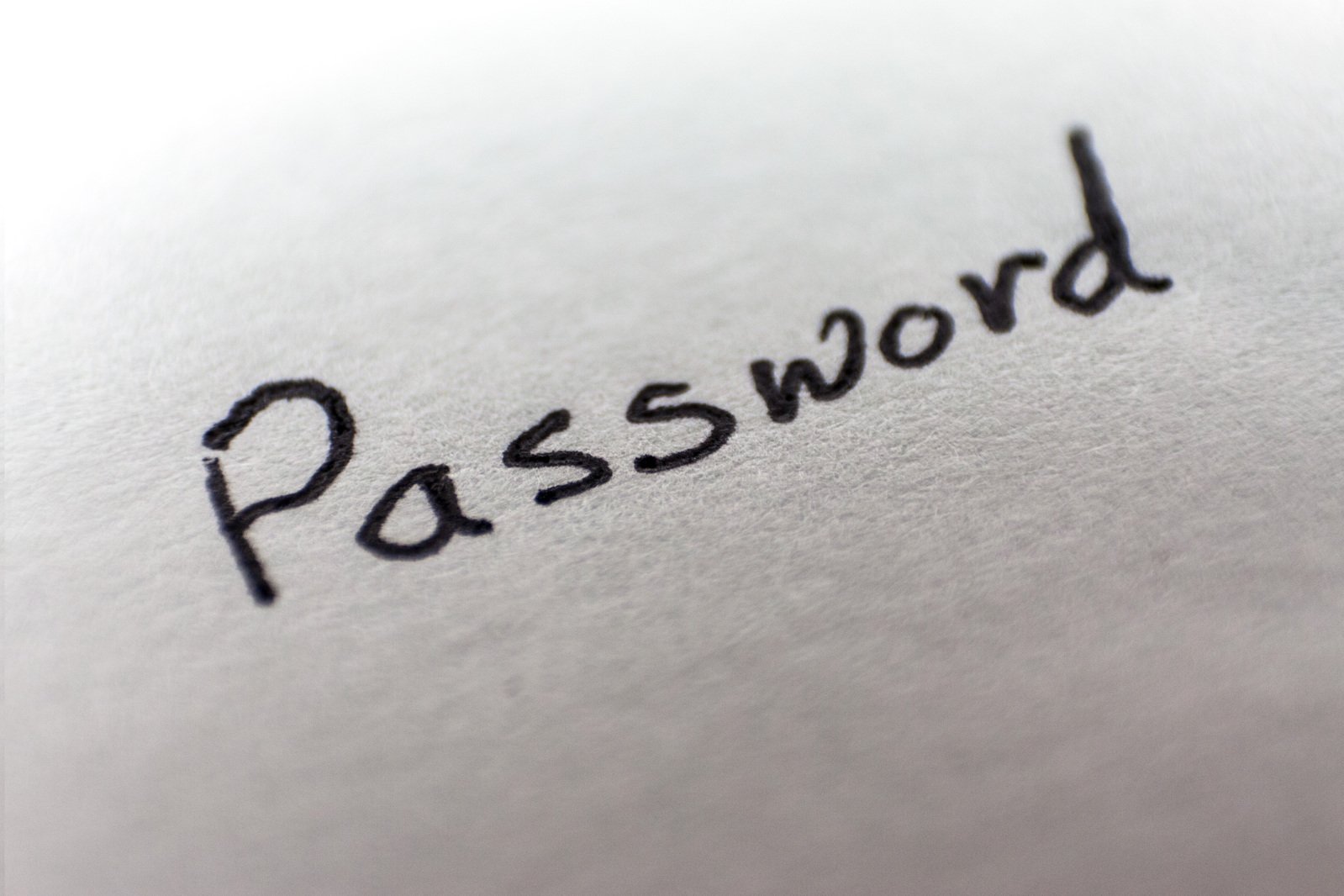
THE fifth part of our latest EPO series was published this morning. It was about the GDPR and there's more to follow. Including all the videos there will be about 30 parts in total.
"We continue to urge readers across Europe to report this to their local politicians (e.g. MPs) and European level politicians (MEPs)."António Campinos allowed an illegal deal to carry on, so just like Benoît Battistelli he is breaking privacy laws while exploiting diplomatic immunity. We continue to urge readers across Europe to report this to their local politicians (e.g. MPs) and European level politicians (MEPs). There's definitely merit to such reports or complaints. No diplomatic immunity can excuse violations of the law, at least not for long...
As the video explains, the EPO now promotes 'fake encryption' (probably while allowing European software patents on encryption). A technical associate of ours explains that "in summary," based on documents we have, "it will be a challenge because all logic and facts go out the window once the string "Microsoft" comes up in any debate online. You can get people to agree to criteria, principles, and other ways for evaluating software and services. If the Microsoft products and services are described but not named, then they will be evaluated as unsatisfactory or worse."
 Microsoft works for the NSA, not for the EPO. Their loyalties are with whoever pays more money (and right now that's the US government and military).
Microsoft works for the NSA, not for the EPO. Their loyalties are with whoever pays more money (and right now that's the US government and military).
It would be nice to envision the EPO admitting the mistake and maybe some managers resigning ("stepping down") over this latest blunder. "However," the associate says, "the same team will do a 180 and fight tooth and nail to promote those same unsatisfactory products and services once the string "Microsoft" is associated with them. This has been going for decades in such a manner."
 The problem isn't just Microsoft; had the EPO outsourced all its communications to Facebook, for example, then too there would be outrage (revolt from inside and outside the EPO, over what's perceived to be an "Uncle Sam within...") and the whole thing is basically illegal, so it doesn't boil down to mere sentiments but law.
The problem isn't just Microsoft; had the EPO outsourced all its communications to Facebook, for example, then too there would be outrage (revolt from inside and outside the EPO, over what's perceived to be an "Uncle Sam within...") and the whole thing is basically illegal, so it doesn't boil down to mere sentiments but law.
"Speaking of unsatisfactory," our associate notes, "I would look into that last document and the recommendation of using the built-in encryption from Microsoft Office. It used to be easily broken. It would be important to know the current state of that claimed functionality."
This was mentioned in Part II. Steve Rowan isn't a technical person, so maybe he doesn't understand how real encryption works. Moreover, he fails to see that sending decryption passwords/passphrases/tokens over the same company that deals with communication and storage is farcical at best. This protocol is a joke! It's designed to fail. ⬆
